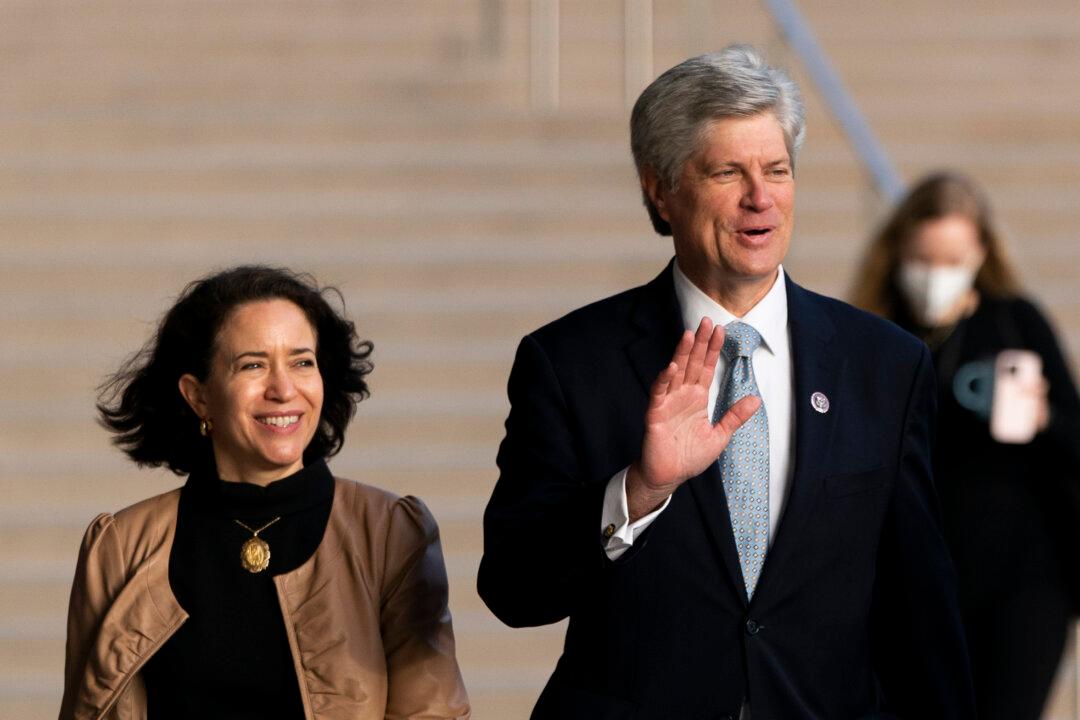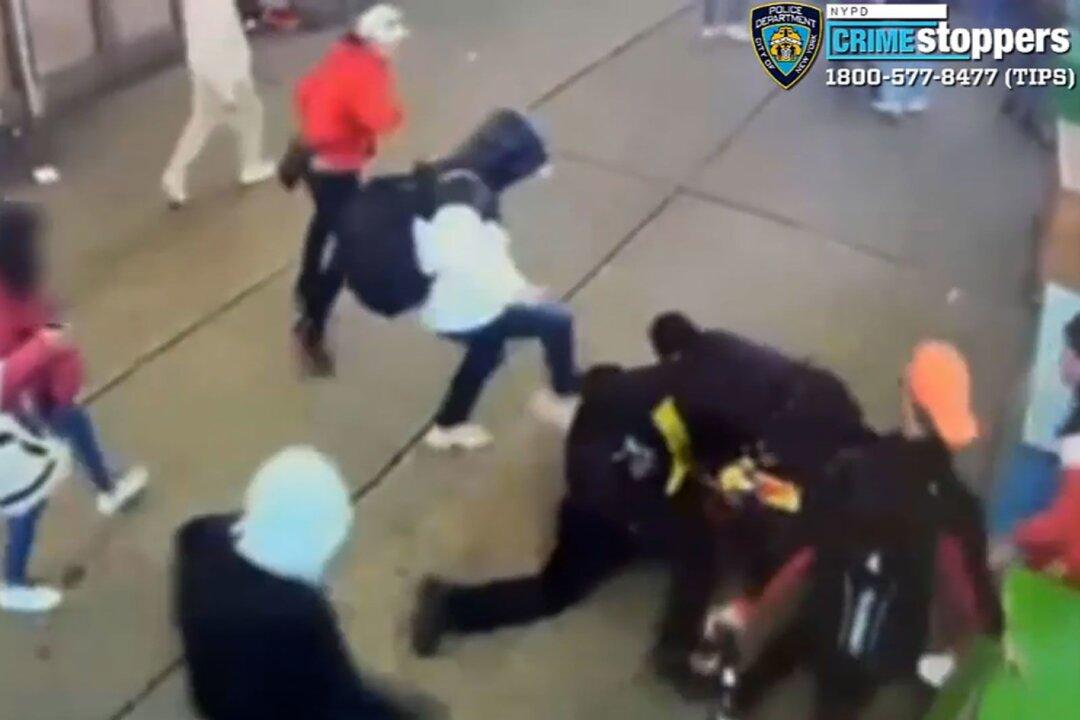On Tuesday, Jeffrey Fortenberry, a former U.S. Representative from Nebraska, won an appeal to overturn his criminal conviction.
The 9th U.S. Circuit Court of Appeals said Mr. Fortenberry should not have been tried in Los Angeles, where the Republican’s campaign allegedly received $30,000 from Lebanese-Nigerian billionaire Gilbert Chagoury, just because federal agents who later interviewed him about the money worked there.





